Written by Daniella Gratale and Debbie Chang, Nemours Children’s Health System
Disclaimer: Moving Health Care Upstream is a collaborative effort co-led by Nemours Children’s Health System (Nemours) and the Center for Healthier Children, Families & Communities at the University of California- Los Angeles (UCLA). The views and opinions expressed in this article are those of the author(s) and do not necessarily reflect the official policy or position of Nemours, UCLA or the Moving Health Care Upstream initiative.
Nemours is excited by the opportunity and potential that Accountable Communities for Health can bring to pediatrics. Following a meeting we co-convened with the Health, Medicine and Society Program of the Aspen Institute in 2016, Nemours authored a perspective that the National Academy of Sciences released today entitled Defining an Accountable Community for Health (ACH) for Children and Families. The perspective makes the case for optimizing health for children and families, beginning in the early years, presents a vision for the future, identifies core elements for an ACH for Children and Families model, and outlines unique considerations for policymakers and funders who could play a critical role in testing the model.
Prevention, early intervention and strengthening the family unit are at the core of optimizing child health and well-being. Yet, the current system is not adequately oriented towards achieving these aims in a financially sustainable manner. All too often, health care approaches focus on addressing the needs of high-cost adults, rather than the unique health and developmental needs of children.
This perspective argues that given the state of the science regarding the importance of early brain development, there is a need to continue to explore models of care that explicitly seek to optimize health across the lifespan, starting in the early years. An ACH for Children and Families could bring together community partners to address the social, developmental and health needs of the child and family, thereby creating the potential to reduce adverse outcomes and improve a child’s optimal health and well-being trajectory. While this model is likely to produce fewer health care cost savings in the short-term than a model focused on high-cost adults, over the long-term, it offers the potential to improve outcomes and reduce costs across a number of sectors, thereby building a stronger foundation to help sustain the community partnerships, data-sharing and financial sustainability mechanisms inherent in the model.
A reorientation towards upstream prevention, community-based solutions and value-based care based on outcomes through an ACH for Children and Families could be instrumental in helping children and families to reach their full potential.
To access our perspective, please visit: http://bit.ly/2zSp5TJ
